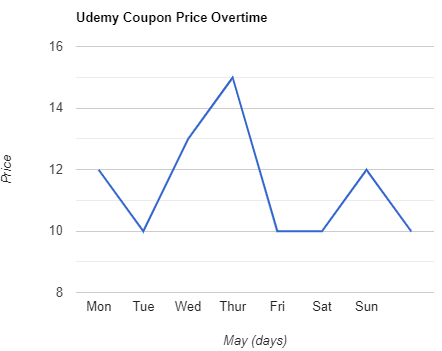 Quality Score
Quality Score
Overall Score : 90 / 100
 Live Chat with CourseDuck's Co-Founder for Help
Live Chat with CourseDuck's Co-Founder for Help
 Course Description
Course Description
 Instructor Details
Instructor Details

- 4.5 Rating
 131 Reviews
131 Reviews
Andrey Vladimirov
Andrey Vladimirov, Ph. D., is Head of High-Performance Computing Research at Colfax International. His primary interest is the application of modern computing technologies to computationally demanding scientific problems. Before joining Colfax, A. Vladimirov was involved in computational astrophysics research at Stanford University, North Carolina State University, and the Ioffe Institute (Russia), where he studied cosmic rays, collisionless plasmas and the interstellar medium using computer simulations. He is the lead author of a book on parallel programming and optimization, a regular contributor to the online resource Colfax Research, an author of invited papers in industry-leading publications, and an author or co-author of over 10 peer-reviewed publications in the fields of theoretical astrophysics and scientific computing.





